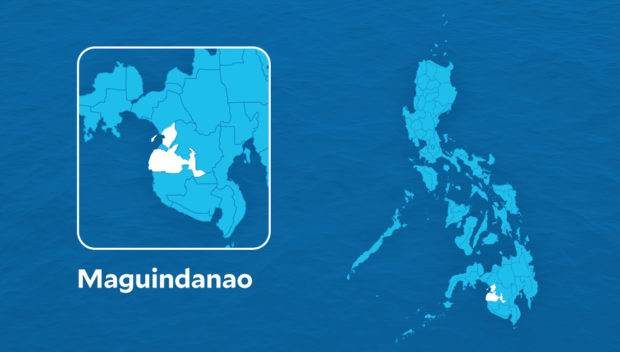DAVAO CITY, Davao del Sur, Philippines — Following the plebiscite that ratified the split of Maguindanao into two provinces, expect better delivery of services as the two local government units will begin to function separately, likely by January next year, officials said.
Lawyer Rex Laudiangco, national spokesperson of the Commission on Elections (Comelec), said that last Saturday’s plebiscite was merely the first step in the process of the creation of Maguindanao del Sur and Maguindanao del Norte.
Citing the Transitory Provisions of Republic Act No. 11550, which created the two provinces, Laudiangco said the next step involves the commencement of the corporate existence of both new provinces, through “the composition, qualification and assumption to office of the provincial elective officials.”
Within 60 days from the commencement of corporate existence, will be the organization of both provincial governments with all its officials and employees. The next step following it, involves the settlement of the properties and assets, debts, and liabilities of the two provinces.
Although the two new provinces of Maguindanao have already been technically created through the plebiscite, the soonest that the new provinces will finally be able to function separately would be in January next year, said Lawyer Cyrus Torreña, the Maguindanao provincial administrator.
He expected the far-flung towns and barangays that could not be easily reached by one Maguindanao government before to find it easier to transact business with their respective provinces.
“The split will definitely benefit the delivery of basic services, especially in areas that used to be very difficult to reach [by one Maguindanao],” Torreña told the Inquirer by phone. “Right now, it’s difficult to reach all of the 36 towns of the entire province from end to end. [Traveling] from east to west will take us more than five hours, a lot of the areas are still difficult to reach, hence, delivery of services remains hard. Splitting the province will bring the government nearer to the people,” he said.
No more ‘rido’
But he brushed off the prevailing notion that Maguindanao had been constantly undergoing a turf war.
“There’s no turf war here, you’re making it sound like there’s a civil war going on. There is already an existing peace agreement between the government and the MILF (Moro Islamic Liberation Front) and the MNLF (Moro National Liberation Front). The existence of violence and the [presence of] violent groups from time to time is not unique in Maguindanao but [is] also present in other parts of the country and even in other parts of the world,” he said.
He added that since 2019, when Gov. Bai Mariam Sangki-Mangudadatu first served in Maguindanao, a total of 45 rido (clan wars) had been settled, some of which were going on for 20 years. “We have already settled these ridos and we’re living peacefully next to each other,” Torreña said.
Division of assets
Torreña said the two provinces would most likely begin to function separately in January 2023 because, for one, at least four provincial board members for each of the two new provinces still have to be nominated by local leaders and then appointed by the President, to complete the composition of the law-making bodies of the two provinces.
